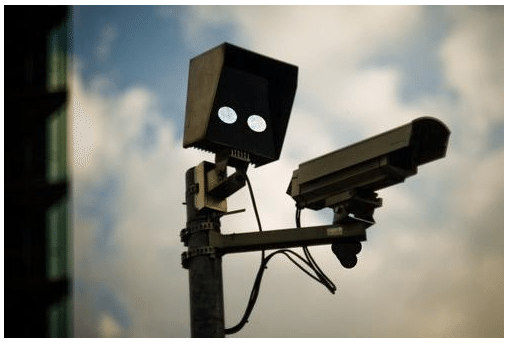Researchers at the Helsinki Institute for Information Technology HIIT finish the first longitudinal study on the effects of ubiquitous surveillance in the home.
To understand the effects of continuous computerized surveillance on individuals, researchers at HIIT instrumented ten Finnish households with video cameras, microphones, and logging software for personal computers, wireless networks, smartphones, TVs, and DVDs. T
he twelve participants filled monthly questionnaires to report on stress levels and were interviewed at six and twelve months.
The results expose a range of negative changes in experience and behavior. To all except one participant, the surveillance system proved to be a cause of annoyance, concern, anxiety, and even anger.
However, surveillance did not cause mental health issues comparable in severity to depression or alcoholism, when measured with a standardized scale. Nevertheless, one household dropped out of the study at six months, citing that the breach of privacy and anonymity had grown unbearable.
The surveillees’ privacy concerns plateaued after about three months, as the surveillees got more used to surveillance. The researchers attribute this to behavioral regulation of privacy.
Almost all subjects exhibited changes in behavior to control what the system perceives. Some hid their activities in the home from the sensors, while some transferred them to places outside the home. Dr. Antti Oulasvirta explains:
- Although almost all were capable of adapting their daily practices to maintain privacy intrusion at a level they could tolerate, the required changes made the home fragile. Any unpredicted social event would bring the new practices to the fore and question them, and at times prevent them from taking place.
The researchers were surprised that computer logging was as disturbing as camera-based surveillance. On the one hand, logging the computer was experienced negatively because it breaches the anonymity of conversations. Oulasvirta explains:
- The importance of anonymity in computer use is symptomatic of the fact that a large proportion of our social activities today are mediated by computers.
On the other hand, the ever-observing “eye”, the video camera, deprived the participants of the solitude and isolation they expect at home. The surveillees felt particularly strong the violation of reserve and intimacy by the capture of nudity, physical appearance, and sex. Oulasvirta concludes:
- Psychological theories of privacy have postulated six privacy functions of the home, and we find that computerized surveillance can disturb all of them.
More experimental research is needed to reveal the effects of computerized surveillance. Prof. Petri Myllymaki explains: “Because the topic is challenging to study empirically, there is hardly any published research on the effects of intrusive surveillance on everyday life.
“In the Helsinki Privacy Experiment project, we did rigorous ethical and legal preparations, and invested into a robust technical platform, in order to allow a longitudinal field experiment of privacy. The present sample of subjects is potentially biased, as it was selected from people who volunteered based on an Internet advertisement. While we realize the limits of our sample, our work can facilitate further inquiries into this important subject.”
The first results were presented at the 14th International Conference on Ubiquitous Computing (Ubicomp 2012) in Pittsburgh, PA, USA.











